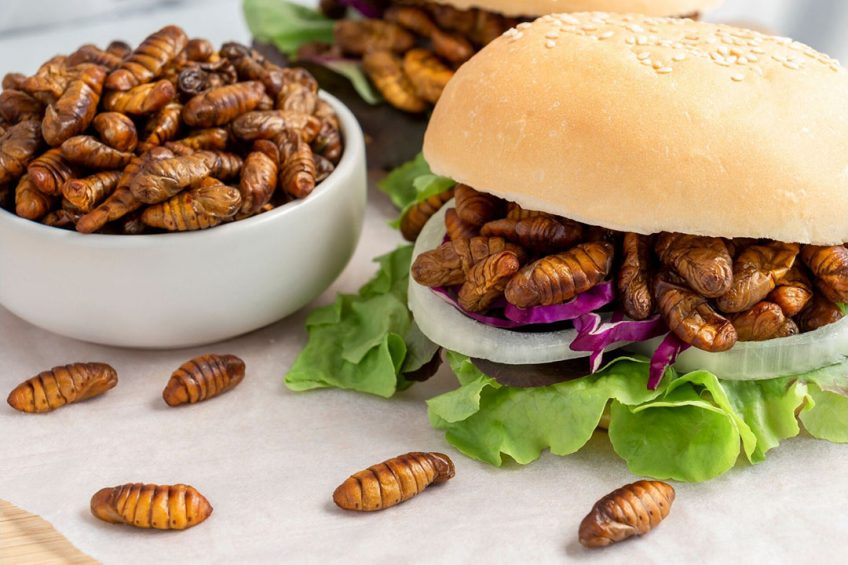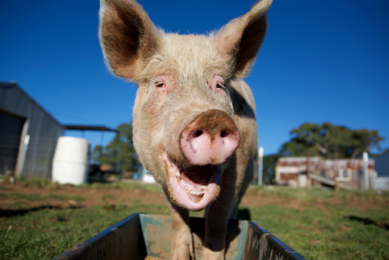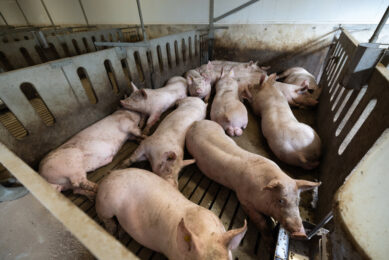Insects as food vs feed to better combat global warming

Research has shown that when compared to feeding insects to farm animals, the direct human consumption of insects has the largest potential to reduce our consumption-based carbon footprint.
Research has shown that when compared to feeding insects to farm animals, the direct human consumption of insects has the largest potential to reduce our consumption-based carbon footprint.
Our results indeed suggest that it is more sustainable to use insect protein for food rather than to replace soybean meal in animal feed.
Scientists at the University of Helsinki and LUT University, Finland, have analysed the extent to which insect protein could help reduce global warming associated with food consumption in Europe. They have focused on insect protein use and soybean-protein use in the production of broilers.
Edible insects
The results have supported previous research suggesting that insect protein has the greatest potential to reduce the food-related carbon footprints of European consumers, if edible insects, such as crickets, flies and worms, are consumed directly or processed as food.
Preparation methods include eating them fresh, or drying and processing them into flour for use in bread of pasta.
Replacing soybean meal with insects
Professor Bodo Steiner, from the Faculty of Agriculture and Forestry, University of Helsinki, said: “Our results indeed suggest that it is more sustainable to use insect protein for food rather than to replace soybean meal in animal feed.
“Yet we found that a shift to using low-value food industry side stream products, such as catering waste or by-products, for example, from fish processing, in insect production for chicken feed is key to decisively increasing the carbon footprint benefits of using insect protein over soybean meal protein.”
Can consumers embrace insects as food?
One Israeli food tech company Hargol believes that the public will overcome their fears of eating insects through adding different flavours.
Chief executive Dror Tamir told the BBC that his company planned to introduce a range of products, including sweets, energy bars, burgers and falafel balls.
Professor Robin May, chief scientific adviser to the UK’s Food Standards Agency, said often some of our most protein-rich foods come with significant environmental or ethical footprints, such as meat or dairy products.
Insects’ potential advantages to society
“Some insect proteins, such as ground crickets of freeze-dried mealworms, are cheap, easy to farm, low fat and have a lower environmental impact than meat. And sometimes they may even provide a valuable “recycling” service, by consuming waste products as their primary feedstuff, so the potential advantages to society are significant.”
Safety of eating farmed insects
However, there are still questions over the safety of eating farmed insects – whether some insect proteins may prove to be allergenic or have a significant impact on the human microbiome, he added.
Other organisations, such as the British Nutrition Foundation, are concerned about insect potentially transferring toxins or pesticides to humans.
In the EU, there are fewer concerns with both the migratory locust and yellow mealworm, the larva of a beetle, deemed fit for human consumption this year.
Source: ScienceDirect – Vauterin A et al. The potential of insect protein to reduce food-based carbon footprints in Europe: The case of broiler meat production. J Clean Prod. Volume 320, 20 October 2021











